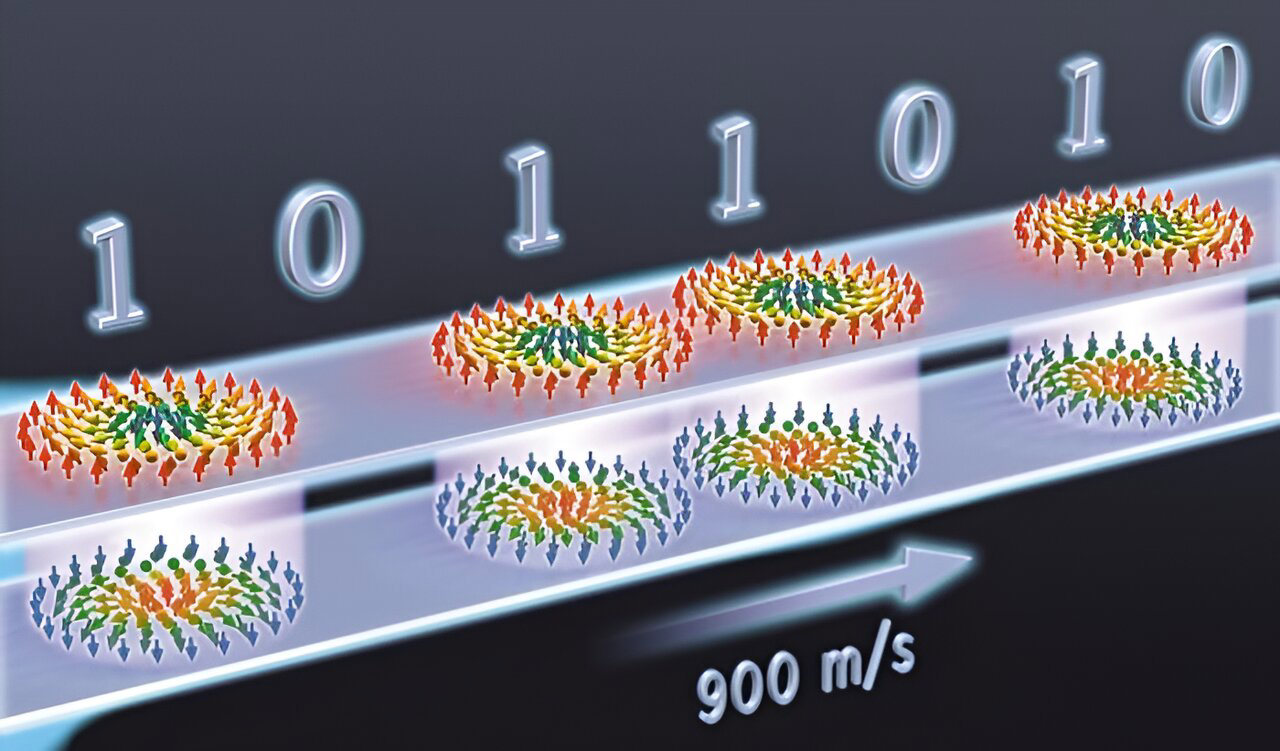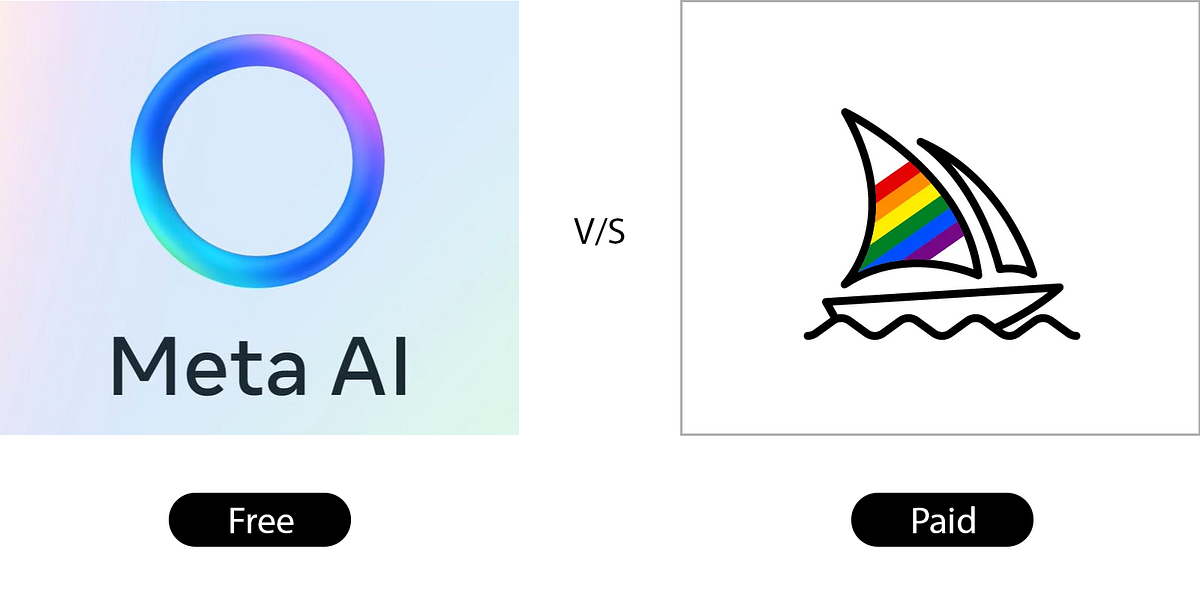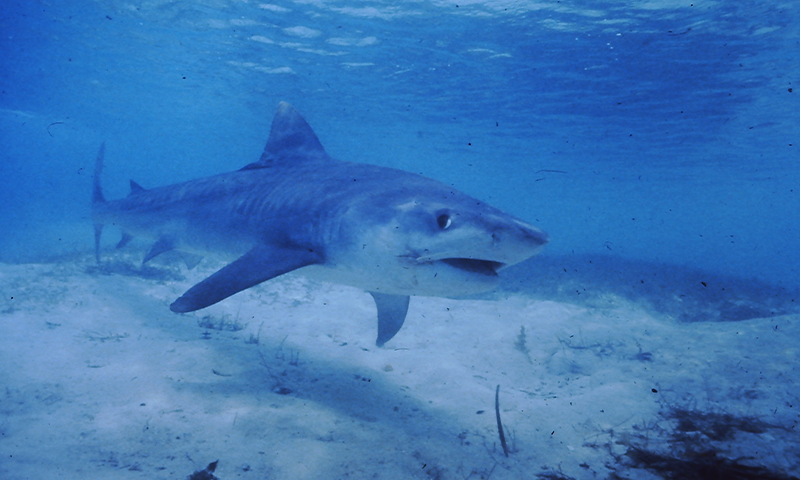
The Economist Explains Why are Russian athletes competing at the Tokyo Olympics despite the country’s ban?
WHEN IS AN international Olympic team not an international Olympic team? When it’s the Russian Olympic Committee. Officially, Russia is banned from competing in Tokyo for previous doping offences. But viewers would be forgiven for thinking otherwise. A team of 335 athletes from Russia is competing under the name of the “ROC”, wearing white, blue and red uniforms, and winning plenty of medals. Russia has repeatedly violated anti-doping laws. Have the rules been tough enough?
At the winter Olympics in Vancouver in 2010, Russia won 15 medals, putting it 11th in the table. Four years later, in the Russian resort of Sochi, it came first, with 30. Some of this improvement could be down to home advantage. Australia, China and Britain each improved their medal hauls when they hosted summer games in recent years. But Russian athletes received a more substantial leg-up, in the form of an extensive state-sponsored doping programme. In 2016 Grigory Rodchenkov, a whistleblowing chemist, who had been the director of the country’s anti-doping lab, revealed how he and his team developed a highly effective cocktail of steroids, known as the Duchess, dissolved in Chivas Regal whisky. Over the course of several tournaments officials became experts at swapping out urine samples from doping athletes for clean ones supplied by stooges. In Sochi the sports ministry and security-service agents used a hidden room within the Olympic village to make the switch. (Mr Rodchenkov, who now lives under protection in America, has published an engaging memoir about his involvement.)
These details came out during preparations for the 2016 games in Rio de Janeiro. The International Olympic Committee (IOC) bungled its response by letting the governing bodies of each sport decide whether to ban Russians, rather than slamming down the hammer itself. Only two — weightlifting and athletics — issued complete bans and most allowed all qualifying Russians to participate. Worse was to follow. In 2018 the World Anti-Doping Agency (WADA) required Russia to hand over a database of tests and information for analysis as part of the country’s planned return to international competition. But the agency found that the data had been tampered with . More than 15,000 files and folders were deleted. Test results that previously showed evidence of illegal substances were altered to show compliance with legal limits. In response, WADA banned Russia from international sporting competitions for four years in 2019. (Only athletes whose tests are clean and have not been named in any incriminating documents may compete for the ROC.) This punishment was cut in half on appeal by the Court of Arbitration for Sport in late 2020.















